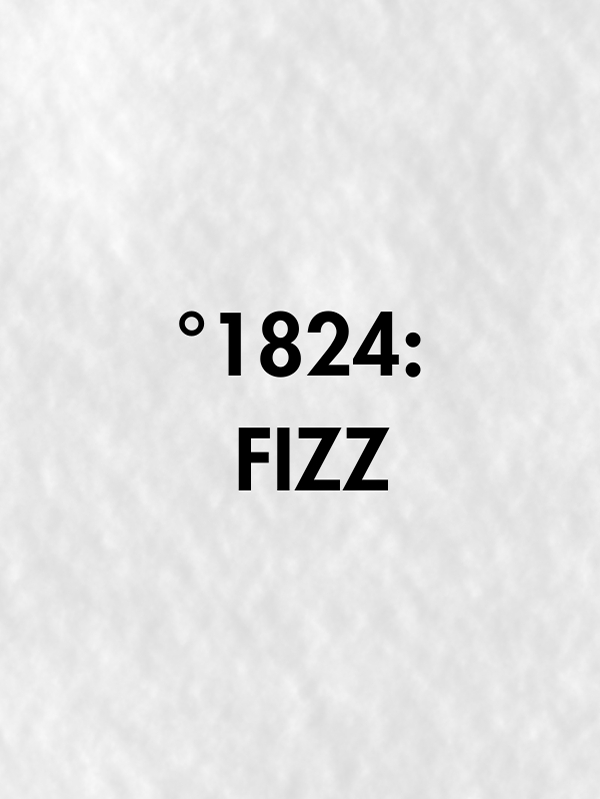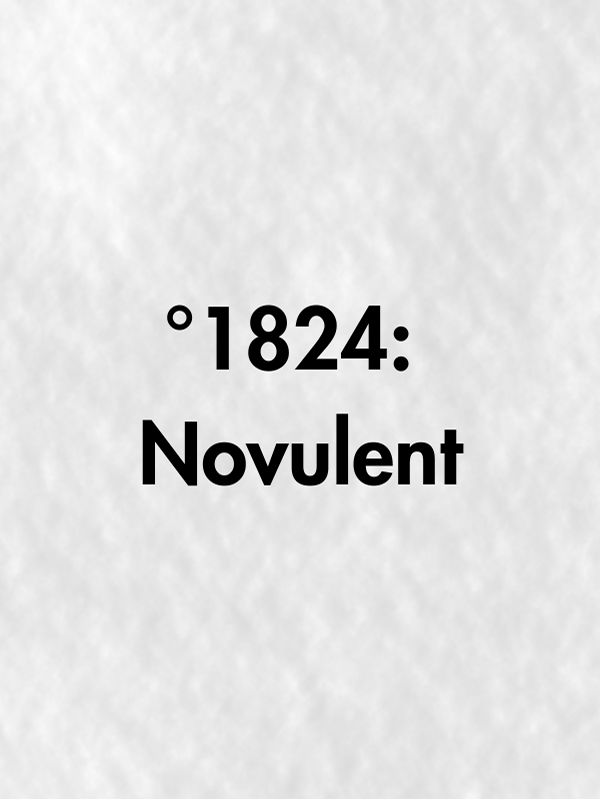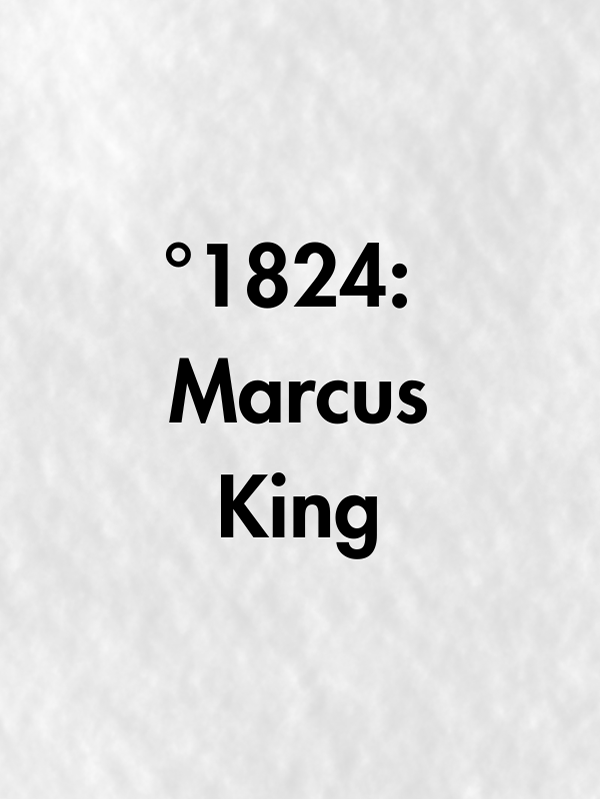Gregory Alan Isakov is a singer-songwriter known for his introspective folk music, blending elements of indie folk, Americana, and roots rock. Born in South Africa and raised in Philadelphia, Isakov later settled in Boulder, Colorado, where the landscape's natural beauty deeply influenced his songwriting. His music comprises poetic lyrics, delicate acoustic arrangements, and a gentle vocal style. Isakov’s songs are often inspired by nature, love, and solitude. Some of his most well-known albums include This Empty Northern Hemisphere (2009) and The Weatherman (2013), which feature tracks like “Big Black Car,” “The Stable Song,” and “Amsterdam.” His work has been compared to that of artists like Iron & Wine, Bon Iver, and Leonard Cohen, and he continues to be a leading figure in the folk and indie music scenes. Gregory Alan Isakov's live performance was intimate, emotionally rich, and almost meditative. His show created a calm, reflective atmosphere where the focus was on the subtle beauty of the music and the poetic nature of his lyrics. Even in a large venue, his performance felt like a personal experience. He had a way of drawing the audience into his world with soft vocals, delicate acoustic arrangements, and an emotional depth. He often performed with a full band made up of some of his long time friends, including strings, guitars, and piano.
His attention to detail and the tight coordination with his band created a polished, seamless experience, especially when the entire band crowded around one center stage microphone to sing the last few songs. Many of his songs are inspired by landscapes and the natural world. This connection definitely came through in his performance, making the audience feel like we were walking through the San Luis Valley With him. Whether through his storytelling or the mountainous backdrop of his stage setup, there was a sense of place and mood that complemented his music’s quiet power. Isakov’s stage presence was modest and wildly humble, reflecting his music. He didn't engage in much crowd banter but instead let the songs speak for themselves. This understated approach allowed the audience to fully immerse in the experience and feel connected to the deeper emotions of his music.There was an emotional intensity in his live performance, where his voice and lyrics felt even more powerful than on record. Songs like "The Stable Song" and "Amsterdam" evoked strong feelings of nostalgia, longing, and introspection in the live setting, leaving a profound impact on the audience. Overall, Gregory Alan Isakov’s live performance was a quiet, captivating experience that drew everyone in with its simplicity, beauty, and emotional resonance.
Ray LaMontagne is an American singer-songwriter known for his soulful voice and blend of folk, rock, and Americana music. Born in New Hampshire in 1973, LaMontagne's music career began in the early 2000s when he released his debut album, Trouble (2004), which quickly became a commercial success. The title track "Trouble" and songs like "Jolene" helped establish him as a leading voice in the contemporary folk and singer-songwriter scene. LaMontagne’s gravelly, husky voice is one of his most distinctive traits, often drawing comparisons to classic artists like Van Morrison and Otis Redding. His songwriting is deeply emotional, often dealing with themes of love, heartache, and personal struggles. Over the years, he has evolved his sound, moving from the stripped-down folk of his early work to more experimental and layered productions. Known for his introverted personality, LaMontagne doesn’t engage heavily with the media or public appearances. However, his live performance at First Bank Amphitheater was powerful, leaning on the emotional intensity of his vocals and the sincerity of his songwriting. His show focused more on the music itself than on showmanship, creating an immersive experience for the audience, and forcing them to solely focus on the music. LaMontagne’s emotive voice was the centerpiece of his show. His vocals were even more compelling in person, with a rawness that few other artists show.
Despite the setting, LaMontagne’s performance maintained an intimate, stripped-down feel. He performed with a full band but rather than each musician being dispersed throughout the stage, they were placed all in a row at the front of the stage with LaMontange in the center. There was a steady front wash of light on each of them with the lights rarely changing except for the projection of the Long Way Home album cover on the backdrop. This created a sense of closeness with the audience as if he was performing just for them. Like Isakov, he didn't engage with the crowd much, but he did give a soft "thank you" after each song. LaMontagne’s performance surely left a lasting emotional impact on everyone there as the emotional honesty in his performances could be felt with every note. He evoked feelings of longing, heartache, and introspection in a way that few artists can replicate. In summary, Ray LaMontagne’s live show was deeply moving, focusing on the beauty of his voice and the emotional weight of his music.
- Grace Davis










